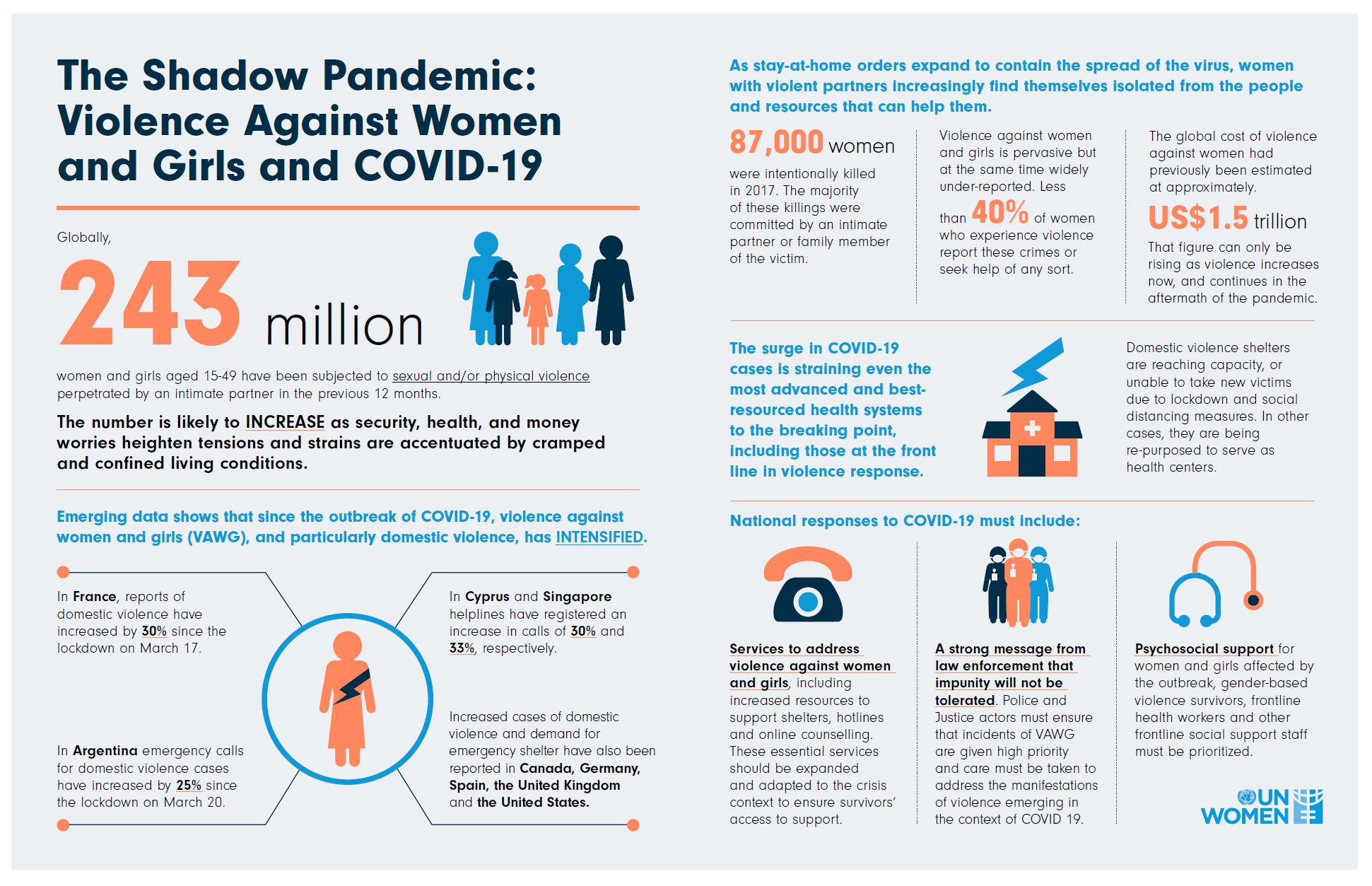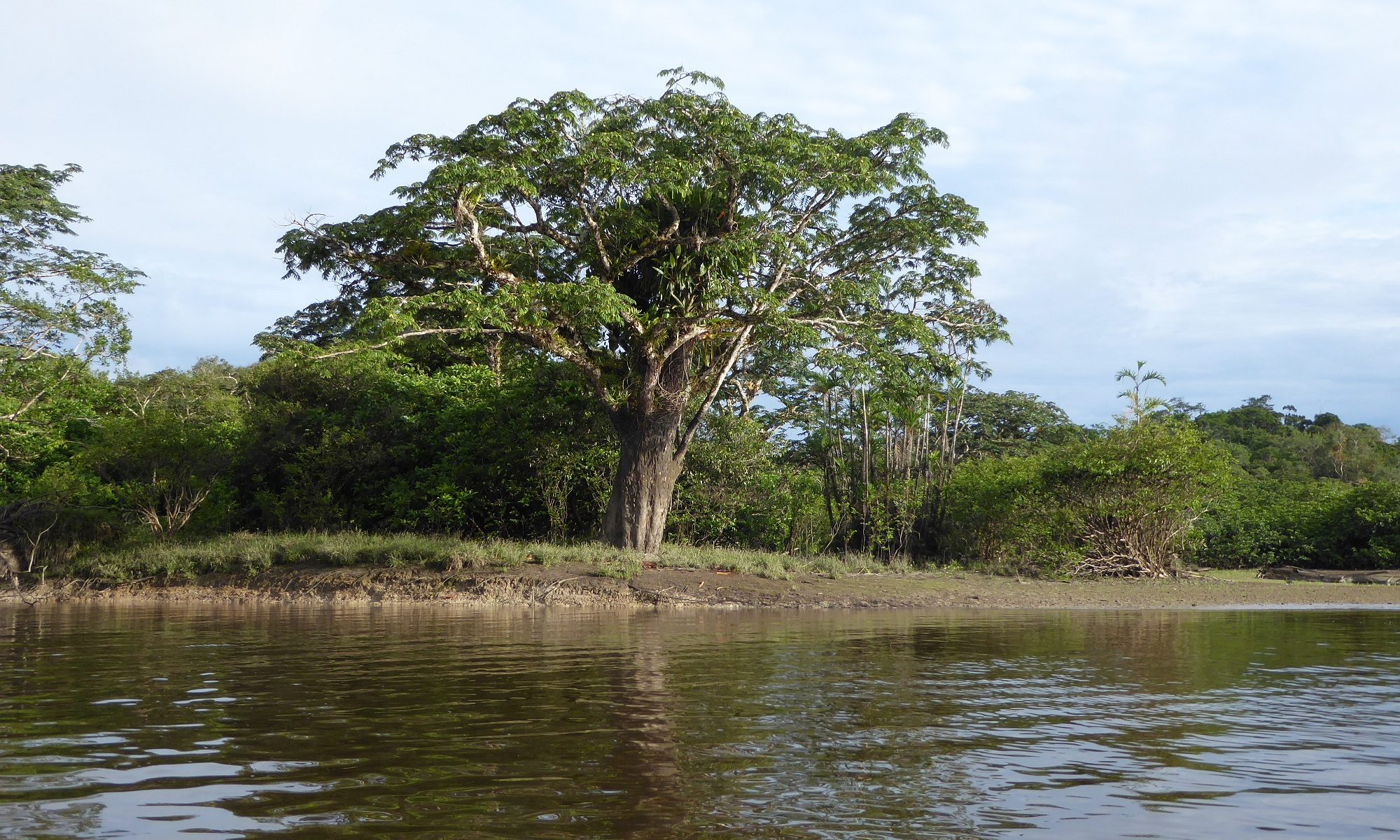Text: Tuija Veintie
International Day for the Elimination of Violence against Women on 25th of November reminds about the worldwide problem of gender-based violence. Women and girls are particularly at risk of experiencing violence in times of social and economic crisis. This year, the outbreak of the COVID-19 pandemic has threatened the health and well-being of people around the world, deepening social and economic inequalities, exacerbating poverty. At the same time, violence against women and girls, and particularly domestic violence, has intensified globally, according to the United Nations (UN, 2020).

Also in Ecuador, domestic violence against women and girls has been increasing during the pandemic. Among others, Indigenous women living in the outskirts of big cities and in rural communities run a particular risk of experiencing violence due to their vulnerable socio-economic situation (Sacha Samay, 2020). Moreover, recent reports bring forward many other forms of violence that Indigenous women experience at the same time when they carry a heavy load of unpaid and unacknowledged care work in their families. In a declaration released in commemoration of the International Day for the Elimination of Violence against Women, the women representing the Confederation of Indigenous Nationalities of Ecuador (CONAIE) highlight the multiple forms of violence that Indigenous and rural women experience:
“as physical and sexual violence that many times ends up in femicide; as economic violence when our work is not valued and we do not have the necessary conditions to make the land produce and to commercialize our products; we live the obstetric violence when the medical system abuses us without understanding on our cosmovision; we live symbolic violence when we are discriminated for being Indigenous, and for living in rural areas; the violence is also present in our territories when invaded by the military forces and when destroyed or contaminated with mining, petroleum, and monoculture farming; we live political violence when we are prevented from holding public positions.” (CONAIE, 2020a. Translation from Spanish by author). Continue reading “Current issues on gender-based violence and discrimination – reports from Ecuador and the world”

